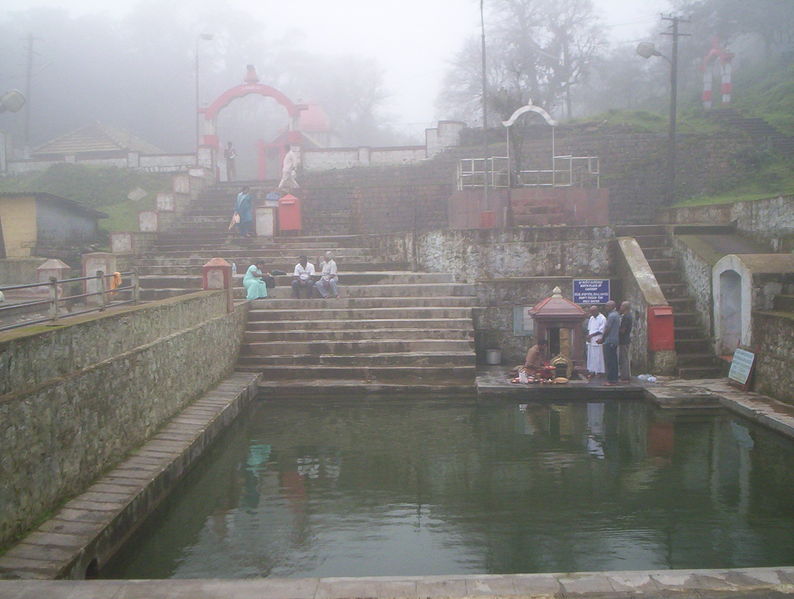The minority religion status is the talk of the town in Karnataka. Congress by granting the Lingayats the status has opened Pandora’s box. Inhabitants of Kodagu a small district in the Western Ghats, the Kodavas have raised the demand for the minority religion status.
A memorandum on the same was submitted to the State Minorities Department on 21st March. The memorandum has now been forwarded to the Karnataka State Minorities Commission. The basis for this demand lies in the dwindling population of the Kodavas which stands at 1.5 lakhs today. The memorandum further states that Kodavas are nature worshippers whose customs differ vastly from the conventional Hindu practices.
It is true that the Kodavas have different traditions, different language, different dressing patterns, and diets. It can be safely said that their rituals including the marriage ceremony are not inclined to the Hindu system and don’t involve priests. The Kodavas are a martial race who firmly believe in nature and ancestral worship. The recorded history of the Kodavas goes back 2,000 years. The British annexed the region after the 1830s till 1947. In 1956, Kodagu became a part of the state of Karnataka, until then it had been an independent state.
Kodava activists believe that the region should at least get its own Hill Council like Gurkha Hill Council. Kodagu has voiced its concerns about being ignored and unheard when it comes to politics. Subramaniam Swamy, extended his support to Kodagu when he visited the hill station recently. He said that Kodagu apart from deserving autonomy, should also find its language, ‘Kodavathakk’ included in the 8th Schedule of the Constitution. There have been attempts by the Karnataka government in the past to conduct surveys to estimate whether Kodagu could be accorded the tribal status. Such attempts were thwarted by Kodava tribal leaders in the Congress.
It’s not about status as much as it is about conservation and agency. This is not limited to the Kodavas, but many communities in India whose traditions die without recognition with time. It’s about identity too. They say ‘unity in diversity’ but does the Indian government really understand its plurality, the communities that form the foundation of India’s democracy? It seems they only care when it’s about the elections and getting votes in their favour. Instead of being pawns on the political chessboard, communities would like to be heard and treated as much more no matter which part of India they may be from. No one should be made to feel like an outsider in their own country.

